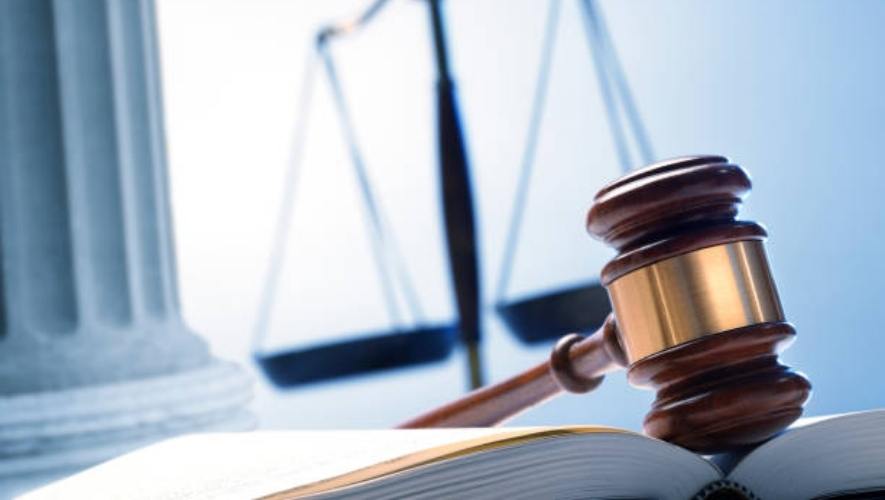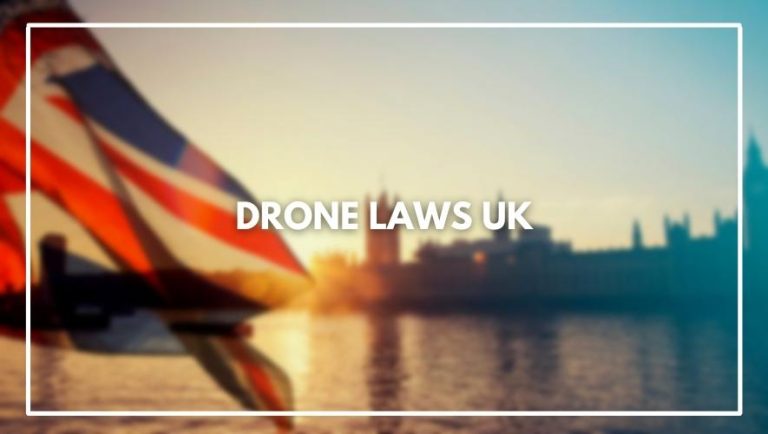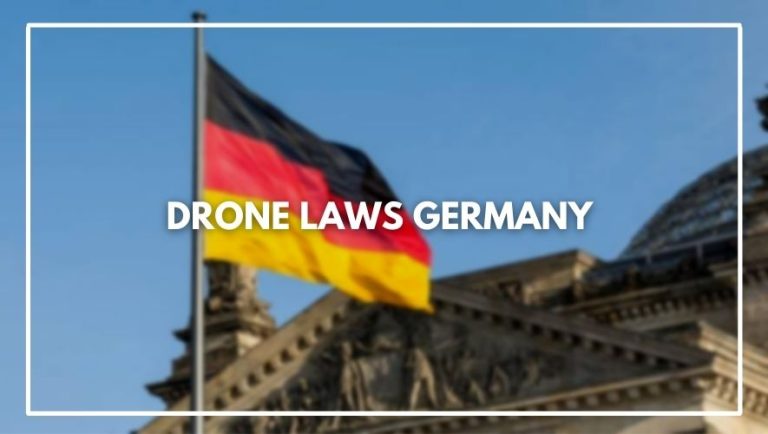Drones are very popular in Indonesia, but there are some important things you need to know before you fly your drone.
Bali is a great place to fly drones as it has some amazing scenery and landscapes.
Drone flying is a great hobby but you will need to be aware of the drone laws in Indonesia if you plan on flying your drone in Bali or elsewhere in Indonesia
Drone Flying In Indonesia Can Be A Tricky
It is important that you become familiar with local drone laws before flying in Indonesia. Flying a drone without proper clearance can lead to fines or even jail time, so pay attention to this section!
- You may not fly near airports, airstrips, or heliports. There are several airports in Indonesia and it’s important to note that they each have their own rules about where you can and cannot fly your drone.
- It is best practice for pilots everywhere to check the location’s website for more information about airspace requirements before takeoff. If you would like an additional safety measure when flying near an airport, consider purchasing an ADS-B receiver (also called a transponder) that will let air traffic control know who you are and what type of aircraft you have.
- You cannot fly over sacred places such as temples and mosques unless given permission by authorities first (and don’t forget: some temples require visitors not wear shoes).
- While this rule might seem obvious at first glance—who wants people flying drones everywhere? —you should also note that there are many sacred sites in Indonesia including Borobudur Temple which holds significance as one of humankind’s greatest accomplishments during ancient times so please be respectful if planning on visiting any nearby locations while visiting Java Island Province.
Need To Pay Attention To The Laws Of Country

Even if you’re just flying a toy drone, you may need to pay attention to the laws of this country. Drones are considered a safety issue in Indonesia and can land you in hot water if you don’t follow the rules.
Drone flying is not prohibited, but it does require registration with the Directorate General of Civil Aviation (DGCA). This means that any drone operator must go through a process so their device can be legally used in this country.
In addition to registering with the DGCA and getting approval from local authorities before flying your device, there are also other restrictions on drone use:
A Drone Might Not Be Considered A Toy
The world has a new definition of what a toy is, and it probably isn’t the one you’re thinking of. Drones are no longer just for fun—they’re also used to do things like monitor environmental conditions or deliver packages.
As drone technology continues to advance and become more accessible, many people are finding creative ways to use them for work.
That said, there are still plenty of folks who don’t trust these unmanned aerial vehicles (UAVs) just yet: A recent survey found that 37 percent of Americans believe drones should be regulated by the government because they could be used for surveillance or terrorism purposes; other surveys show similar results across the globe.
While this may sound like common sense—after all, we’ve all seen the popular YouTube videos showing how easily UAVs can be hacked—we’d argue that regulation would actually make flying UAVs even safer than they already are today!
Law Officers Might Insist On Confiscating Your Drone
If you’re flying your drone in places that are off-limits, you might be stopped by law enforcement and have to hand over your drone for testing. In some cases, police may force you to pay a fine and then send your drone back via courier service.
If this happens to you, contact the local embassy or consulate of Indonesia in the country where the incident occurred so they can provide assistance and support with contacting authorities in Indonesia.
You Can Be Fined If You’re Deemed Guilty
You can be fined and/or jailed if you’re deemed guilty of endangering the security of aviation in Indonesia.
If a law officer suspects that you are flying your drone recklessly or negligently, they may confiscate your drone for testing. You are guilty if you endanger the security of aviation.
Also, don’t fly over sacred places without permission from local authorities.
Don’t Fly At An Altitude Of More Than 400 Feet
- Don’t fly more than 400 feet (120 meters) above the ground.
- Don’t fly near airports or military bases.
- Don’t fly near sacred places, such as temples, mosques, and other religious sites.
- Don’t fly near people or private property where people are present without permission.
- Don’t fly near or over a busy road or street to avoid accidents involving vehicles and pedestrians on the road below you in case something goes wrong with your drone for some reason (like an engine failure).
- Also keep in mind that flying at night is generally not recommended because it is more difficult to see what’s happening on the ground from up there than during daylight hours so this may pose an increased risk factor for potential accidents if any occur due to lack of visibility at night time hours when compared against daytime hours when visibility conditions are better under normal conditions; however this shouldn’t stop anyone from flying drones altogether though!! 🙂
Don’t Fly Within 3 Miles Airport, Airfield, Or Heliport.
Don’t fly within 3 miles (5 kilometers) of any airport, airfield, or heliport.
- These areas include:
- Airports and heliports
- Airfields where aircraft take off and land. This includes runways, taxiways, ramps and aprons (the area where planes park).
Don’t Use Your Uas As A Weapon Or For Illegal Activities.
- Don’t use your UAS as a weapon or for illegal activities.
- Don’t fly for commercial purposes without permission.
- Don’t fly higher than 120 meters (400 feet) above the ground unless you have explicit permission from the Federal Aviation Administration and the National Park Service to conduct research or surveys in certain national parks that require flights over people and animals at low altitudes. Also, you must obtain all other licenses and permits required by federal law before operating commercially in national parks.
- Don’t fly closer than 5 kilometers (3 miles) to any airport, heliport, seaplane base or spaceport except those specifically listed in Part 107 as “permitted within 5 km” of an airport; otherwise, notify air traffic control before flying within 5 km of an airport not listed on Part 107 as “permitted within 5 km.”
- If you fail to notify air traffic control prior to entering controlled airspace around an airport with no tower or when instructed by ATC not to enter such airspace, it may be considered a safety violation because it increases risk to manned aircraft operating near an uncontrolled airstrip.
- Additionally, if ATC instructs you not to enter controlled airspace around an unclassified airstrip during non-operating hours where ATC does not provide services 24 hours per day 365 days per year (such as during winter), then such instructions should be followed immediately without question since ATC has jurisdiction over all airspace at all times regardless if they are providing services 24 hours per day 365 days per year (such as during summer).
Do Not Fly Over Sacred Places
You are required to respect the local culture and traditions. Do not fly over sacred places like temples or cemeteries unless you have the necessary permissions from the authorities.
Do Not Use Your Drone To Invade The Privacy Of Others
In order to respect the privacy of others, you must follow certain rules. If a drone is used in a manner that invades someone’s privacy, this can cause problems for both the operator and the person who is being invaded.
Examples of activities that are considered invasive include:
- Using your camera to take pictures or videos of people without their permission
- Flying over private property without permission from the owner
- Recording conversations between people without their permission
Read And Obey These Drone Laws Before Doing So
If you want to take your drone with you to Bali, read and obey these drone laws before doing so.
Drone flying is a tricky business in Indonesia. It’s easy for a tourist or visitor to accidentally break the law, which can land them in jail and cost them a lot of money. For example, flying drones inside the Taman Nasional Gunung Leuser National Park could get you fined up to $10,000 USD and even time behind bars!
Fortunately, if you know what not to do when flying drones in Indonesia (and generally), then it’s possible for anyone visiting this country with their drone/s safely enjoy their trip without any problems with local authorities or other officials.
How To Register Drone In Indonesia

The registration process for your drone in Indonesia is simple and free. There are three steps to follow:
- Register with the Directorate General of Civil Aviation (DGCA)
- Register with the National Transport Safety Committee (KNKT)
- Apply for a permit from the DGCA to fly drones within a specific area
First Find The Registration Page.
To begin, find the registration page. Go to the official website of the Directorate General of Civil Aviation (DGCA).
Next, look for a link that says something like “Register Drone” or “Registration Form” or “Register Your Drone.” Read everything carefully before filling out the form. Be sure you have all your information ready before submitting it!
Fill Out The Form.
Once the form is open, you will see that it’s very simple to use. Enter your name and email address in the required fields, then go ahead and fill in all of the remaining blanks with a fake name. (You don’t want to be associated with this purchase.)
When you’re done entering information into every field except for those marked as optional, click “Register” at the bottom of the page. Congratulations! Your drone has been registered in Indonesia and can be used safely by anyone who possesses it.
Submit The Form And Payment.
Finally, submit the form and payment.
Payment can be made via credit card, online banking or cash at Alfa Mart stores. The fee for registering a drone is Rp100,000 (around US$7). The fee for registering a drone with a camera is Rp2,000,000 (around US$150).
Don’t Forget To Register Your Drone.
Don’t forget to register your drone before you use it in Indonesia.
The government requires that all drones be registered with the Directorate General of Civil Aviation (DGCA). You can do so online at: https://www.airnavindonesia.com/
The cost is Rp 1,000,000 and the registration lasts for one year from date of issue. You will need to provide proof that you are a citizen or permanent resident of Indonesia and a passport photo to upload with your application form.
You will also need an Indonesian address where they can send the registration certificate if you choose not to pick it up in person at one of their offices located around Jakarta or Surabaya
Conclusion
In conclusion, drone regulations are a hot-button topic in some countries, and Indonesia is no exception. Although the country has loosened its regulations on drones since 2016, it’s still important to know about local laws and restrictions before flying your drone in Indonesia.
If you’re planning on flying your drone in Indonesia as part of a business or for commercial purposes, keep these steps in mind:
- Check the weather before you fly
- Register your drone with the Directorate General of Civil Aviation (DGCA)
Frequently Asked Questions (drone Laws Indonesia)
What Are The Rules For Flying A Drone In Indonesia?
You can fly a drone in Indonesia, but you need to be at least 16 years old and have a remote pilot certificate. You’ll also need to register your drone with the government, but that registration is free.
Do I Need To Register My Drone In Indonesia?
Yes, you do need to register your drone in Indonesia.
This is because the government has banned all commercial drone activities (including filmmaking and photography). The only legal way for you to fly your drone is by registering it as a personal recreational device, which will exempt you from following any of the country’s strict rules and laws on personal use drones.
If you want to fly a commercial drone in Indonesia without breaking any laws, then we suggest that you move elsewhere for filming purposes!
Do I Need Insurance For My Drone In Indonesia?
While it’s a good idea to have insurance for your drone, there is no law that requires you to have it. That being said, drone insurance is required by law if you want to fly in most countries around the world.
If you plan on flying your drone near populated areas or other sensitive locations like airports or hospitals, make sure you check with local authorities first because they may require proof of insurance before allowing you take off.
You can get insurance from a variety of sources including drone stores and online retailers who specialize in drones and other electronics such as Amazon Prime Day deals 2019.
The cost varies depending on where your purchase comes from but generally speaking it will be between $10-$20 per month per device (depending on how much coverage).
Do I Have To Have A Pilot’s License For My Drone In Indonesia?
No, you will not need a pilot’s license to fly your drone in Indonesia. If you are older than 18 years old, then you can fly your drone without a pilot’s license.
However, if you are younger than 18 years old and still want to use your drone for recreational purposes, then it is highly recommended that you get a pilot’s license beforehand.
How High And How Far Can I Fly My Drone In Indonesia?
You can fly your drone up to 100m above the ground. However, if you are in a densely populated area or near an airport, you should always contact the operator of that particular area before flying your drone there.
The maximum distance from the pilot that drones can be flown is 5km (3.1 miles). Once again, check with local authorities first before flying within any restricted airspace.
You must fly during daylight hours and stay within visual line of sight of your drone at all times when operating it within Indonesia
Can I Fly At Night With A Drone In Indonesia?
You cannot fly your drone at night unless you have a special permit.
If you want to fly your drone at night, you must obtain a special permit from the Ministry of Transportation.
Before flying your drone at night, make sure that you comply with all other regulations for flying drones at night

![Drone Laws India [March 2023] [Rules & How to Register]](https://discoveryoftech.com/wp-content/uploads/2022/08/drones-86-768x434.jpg)




![Drone laws South Carolina [March 2023] [Rules & How to Register]](https://discoveryoftech.com/wp-content/uploads/2022/08/drone-42-768x434.jpg)